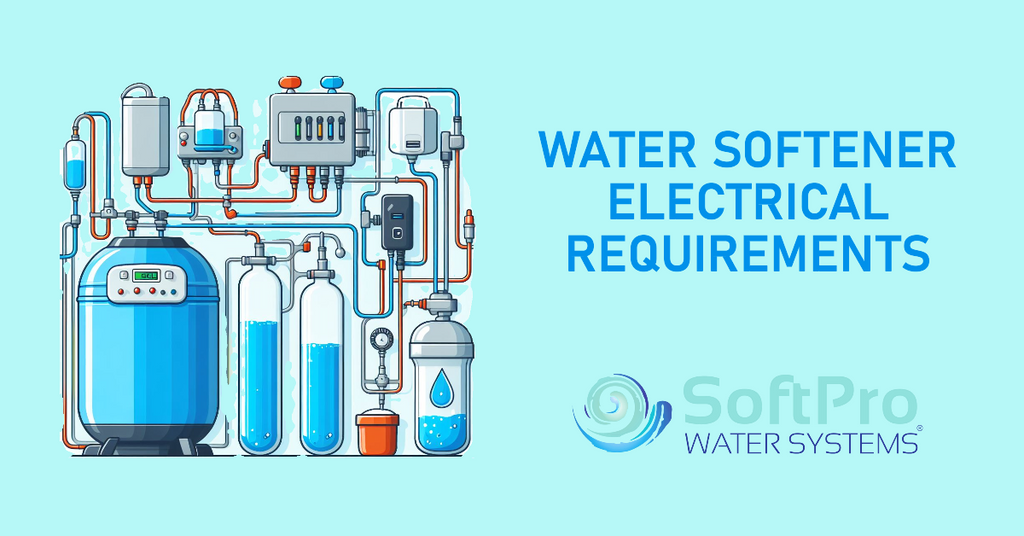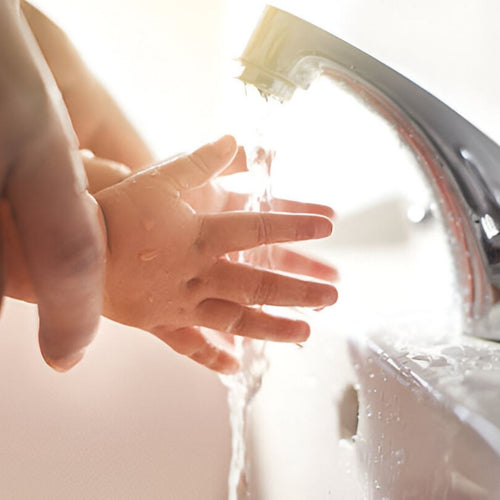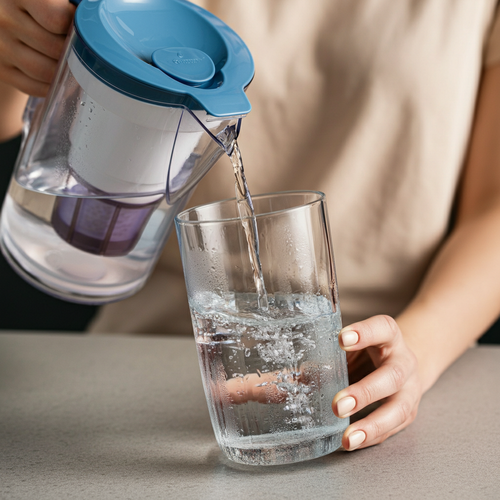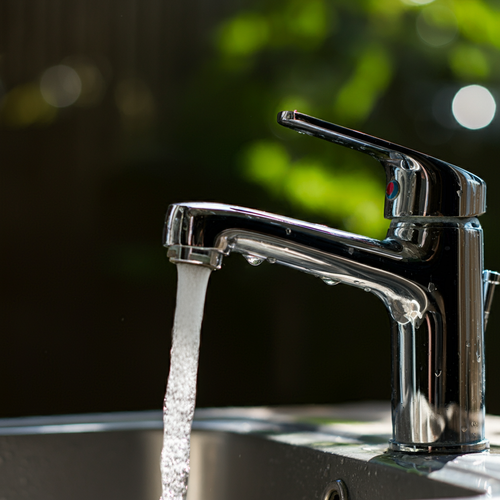A typical residential water softener operates on a standard 120-volt, 60-hertz household electrical outlet. It's essential to use a grounded outlet and ensure the system is connected to a circuit breaker or fuse for protection. For efficient operation and safety, consult local electrical codes and your water softener's installation manual.
This article delves into the essential electrical requirements for water softeners, ensuring you understand the power needs of your system.
Core Electrical Specifications
- Standard Voltage and Frequency: The vast majority of residential water softeners in North America operate on a standard 120-volt, 60-hertz (Hz) household circuit.
- Grounded Outlet: Safety is paramount. Always plug your water softener into a properly grounded outlet, typically found near a water source.
- Circuit Protection: Water softeners should be connected to a dedicated circuit with a circuit breaker or fuse to prevent electrical overloads.
Transformer and Power Consumption
Water softeners utilize a transformer to step down the household voltage to a lower voltage, usually 24-volts, suitable for operating the control valve and electronics. While power consumption can vary between models, most water softeners are energy-efficient, consuming minimal electricity.
Installation Considerations
- Outlet Proximity: Locate your water softener near a suitable grounded outlet. This minimizes the need for extension cords, although safe use is possible with heavy-gauge appliance cords.
- Local Electrical Codes: Ensure your installation adheres to local electrical codes, which may necessitate an electrician's services for safety and compliance.
Optimizing Your Water Softener's Electrical Setup
By following these guidelines and understanding your system's electrical needs, you'll ensure its safe and efficient operation.
Why It Matters: The Significance of Proper Electrical Power
Adequate and stable electrical power is crucial for the following reasons:
- Control Valve Operation: The control valve, the heart of your water softener, relies on electricity to manage the regeneration cycles that restore the system's softening capacity.
- Electronic Functionality: Modern water softeners often feature digital displays and settings. Consistent power keeps these electronics running smoothly, allowing for customization and monitoring.
- Safety: Proper grounding and circuit protection safeguard against electrical hazards, preventing potential damage or injury.
FAQs:
Do water softeners need electricity to work?
Yes, water softeners require electricity to power the control valve, electronics, and regeneration cycles.
Can I install a water softener myself, or do I need an electrician?
While basic installation may be possible for those with DIY skills, consulting local electrical codes is essential. If complex wiring or outlet installation is needed, an electrician is recommended for safety and compliance.
Is a dedicated circuit necessary for my water softener?
While not strictly mandatory for all models, a dedicated circuit is highly recommended to prevent electrical overload and ensure optimal performance.
Are water softeners energy-efficient?
Modern water softeners are generally energy-efficient, consuming minimal power. Look for models with demand-based regeneration to optimize efficiency further.
Summary and Key Takeaways
Proper electrical setup is crucial to ensure your water softener's reliable and safe operation. Understanding basic concepts like voltage, grounding, and circuit protection empowers you during the installation process. While modern water softeners prioritize energy efficiency, researching a specific model's power consumption (often listed in the specifications) helps you assess long-term operating costs. Adhering to local electrical codes is of utmost importance, potentially necessitating professional electrician services.
Key Takeaways
| Aspect | Considerations |
|---|---|
| Voltage | Standard 120-volt household outlets are typical |
| Safety | Grounded outlets and circuit protection are essential |
| Energy Efficiency | Many water softeners are energy-efficient, but individual model specifications vary |
| Regulations | Always adhere to local codes, which may require an electrician |
Ready to experience the benefits of softened water?
Explore our SoftPro water softener systems at https://www.softprowatersystems.com and contact us for a personalized consultation to find the perfect solution for your home!


















![Aldex Premium 10% Cross Link Resin for Water Softener [High Capacity]-SoftPro® Water Systems](http://www.softprowatersystems.com/cdn/shop/files/Aldex_10_Cross_Link_Resin_Premium_High_Capacity_for_Water_Softener_600x.jpg?v=1735853599)















